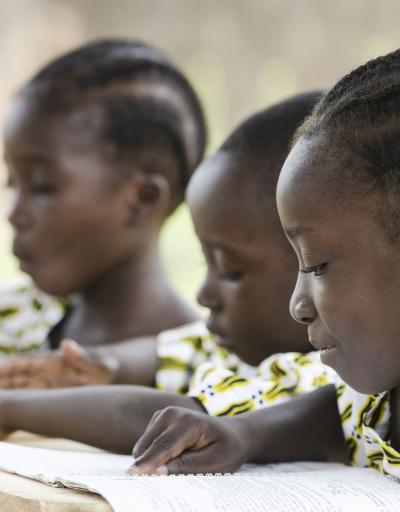
Legal action on the right to education
Once the right to education is legally protected in national law, states must ensure its justiciability.
When the right to education is violated, citizens must have legal recourse before the law courts or administrative tribunals. The judiciary, national human rights institutions, as well as Ombudsmen, have an essential role in upholding the right to education as an entitlement.
At the international level, UNESCO has mechanisms in place to discuss and resolve complaints of breaches of the right to education in relation to the implementation of its standard-setting instruments.
In accordance with UNESCO’s Constitution, the Executive Board laid down a procedure in 104 EX/Decision 3.3 to examine complaints (called communications) received by the Organization concerning alleged violations of human rights in its field of competence, including the right to education against a Member State. The procedure is not treaty-based.
Part of the Committee on Conventions and Recommendations’ mandate, this procedure allows the seeking of amiable solutions to cases brought to UNESCO’s attention by creating a space for confidential dialogue with the governments concerned to settle the case. Individuals, groups of individuals and non-governmental organizations may submit communications to UNESCO concerning violations of human rights, whether the authors are themselves victims of such violations or have reliable knowledge of such violations. More information on the procedure.
More generally, states can bring issues to the Committee on Conventions and Recommendations for discussion, the competent body to monitor the implementation of UNESCO’s standard-setting instruments.
UNESCO also has mechanisms that are based on its international human rights instruments:
UNESCO Convention against Discrimination in Education
The Conciliation and Good offices Commission established by the Protocol Instituting a Conciliation and Good offices Commission (1962) is responsible for seeking the amicable settlement of any disputes which may arise between States Parties to the Convention, concerning its application or interpretation.
While the Commission was created to facilitate the implementation of the Convention, as of today it has never been called upon to intervene. However, since 2000 the Protocol has been ratified by five states, including two in 2017, showing it is still considered a useful mechanism.
ILO/UNESCO Recommendation concerning the Status of Teachers (1966) and the UNESCO Recommendation concerning the Status of Higher-Education Teaching Personnel (1997)
The ILO/UNESCO Committee of Experts on the Application of the Recommendations concerning Teaching Personnel (CEART) was established under the auspices of UNESCO and the International Labour Organization (ILO). This Joint Committee of independent experts meets every three years to promote and monitor the implementation of the two UNESCO/ILO international normative instruments concerning teachers. Among its activities, the CEART examines allegations from national and international teachers' organizations on the non-observance of the Recommendations’ provisions in ILO and UNESCO Member States. After considering an allegation, CEART issues its findings and recommendations for the resolution of the matter.

